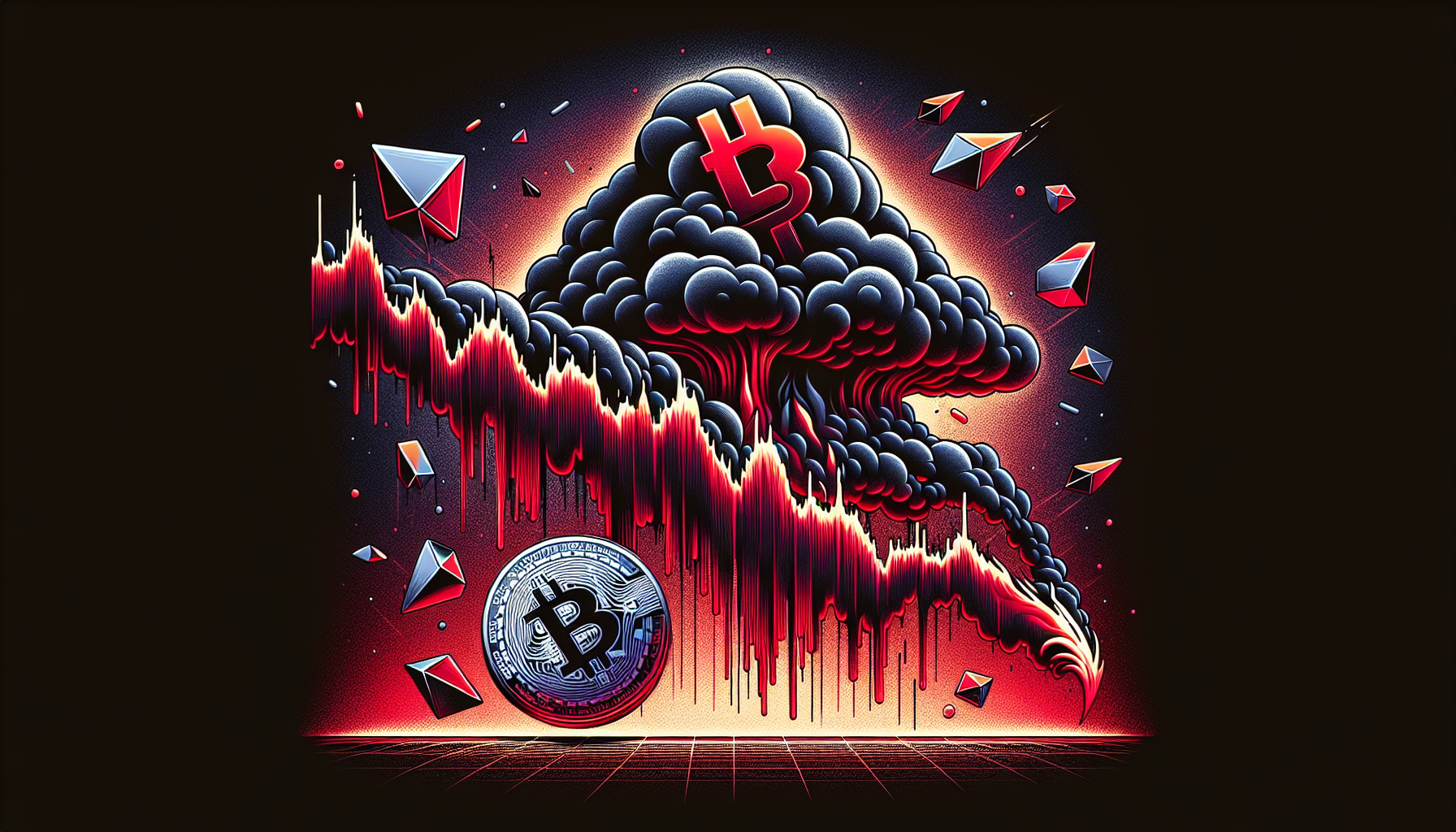
tl;dr
Oracle's drastic stock drop sparks fears of a broader AI and crypto market collapse, as thin margins in its AI division raise questions about the sustainability of tech investments and interconnected financial ecosystems.
**Oracle’s Stock Plunge Sparks Fears of AI and Crypto Market Collapse**
Oracle Corp., a major player in database systems and AI cloud infrastructure, experienced a dramatic stock price drop recently, triggering widespread concern about the stability of the AI and cryptocurrency markets. The decline, which erased roughly $40 billion from the company’s market capitalization, has raised questions about the sustainability of AI-driven investments and the broader economic implications for tech and finance sectors.
The fallout began after a report from *The Information* highlighted troubling financial details about Oracle’s AI cloud services. Despite previously strong earnings and a robust stock performance, the company’s profit margins on its AI infrastructure have proven alarmingly thin. For every $1 in revenue from renting Nvidia servers, Oracle reportedly nets just 14 cents—a margin so narrow that it risks becoming unviable under pressure. In the last quarter, the company reportedly lost $100 million on its Blackwell chip rentals, a critical component of its AI business.
This revelation has cast doubt on the financial health of Oracle’s AI division, even as the company continues to attract buyers. The issue isn’t a lack of demand but a fundamental challenge: AI infrastructure, once touted as a high-growth, lucrative sector, may be far less profitable than advertised. This has fueled speculation that the AI industry is in the early stages of a bubble, with inflated valuations and speculative investments masking underlying risks.
The implications extend beyond Oracle. The AI and cryptocurrency markets are deeply interconnected, with many AI startups and infrastructure providers relying on crypto-based financing. A collapse in Oracle’s stock could trigger a chain reaction, destabilizing an ecosystem already plagued by “circular financing.” This term refers to the practice of AI firms investing heavily in chip manufacturers, who then secure major deals, creating a feedback loop of speculation and overvaluation. While Oracle isn’t the central hub of this web, its size and influence make it a critical node.
The crypto market, which saw a decline in total market cap following Oracle’s stock plunge, now faces uncertainty. Analysts warn that the fallout could be severe if the AI bubble bursts, as investors may flee to safer assets, exacerbating losses. However, predicting the full extent of the crisis remains difficult. While some see this as a warning sign, others argue that the crypto market’s resilience and innovation could mitigate broader damage.
The situation underscores a growing tension in the tech sector: the gap between hype and reality. As companies like Oracle grapple with thin margins and unsustainable business models, the question looms large—will AI infrastructure ever achieve profitability, or is this the beginning of a reckoning? For now, investors and industry observers are watching closely, hoping the crypto and AI markets can navigate this turbulent phase without a full-scale collapse.
In the end, Oracle’s stock crash serves as a stark reminder that even the most promising sectors are vulnerable to financial scrutiny. As the AI bubble continues to expand, the pressure to deliver real value—and not just speculative growth—will only intensify.